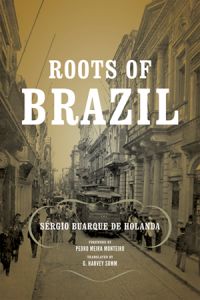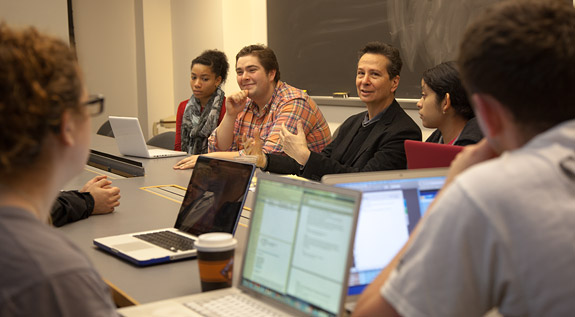Universidades de todos os cantos do mundo estão engajadas no processo de internacionalização. Enviar estudantes ao exterior e atrair jovens estrangeiros é motivo de preocupação também no Brasil, que ainda amarga índices tímidos em relação a emergentes como China e Índia. Nos Estados Unidos, o destino mais procurado por universitários, existem 724.000 estrangeiros no ensino superior: quase 158.000 são chineses e cerca de 104.000 são indianos, enquanto os brasileiros representam menos de 9.000, de acordo com o Institute of International Education. O Brasil também é pouco atrativo. A Grã-Bretanha, por exemplo, abriga 32.683 estudantes americanos, ante os 3.099 conterrâneos de Barack Obama que estão por aqui. Ficamos atrás de nações como República Checa e até Costa Rica na preferência dos americanos. A despeito dos números tímidos, o Brasil é atrativo para instituições de ponta. A avaliação é de Jaremy Adelman, diretor do conselho para a internancionalização da Universidade Princeton, nos Estados Unidos, e historiador especialista em América Latina. “O Brasil precisa se libertar desse complexo de inferioridade, desse estereótipo de que está sempre na periferia do mundo”, diz. “O fato de não figurar entre os mais bem colocados [nos rankings internacionais] não significa que aqui não existam centros de excelência ou estudantes e profissionais excepcionais.” Adelman esteve no Brasil a convite da Fundação Estudar, que oferece bolsas de estudo a brasileiros no país e no exterior, e conversou com o site de VEJA. Confira a entrevista a seguir.
Read in Portuguese


